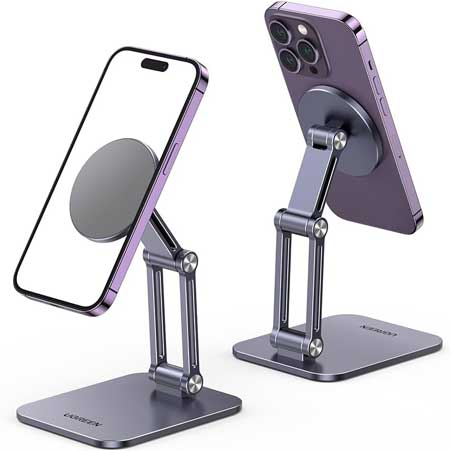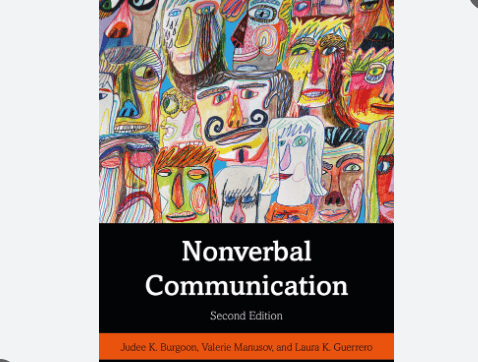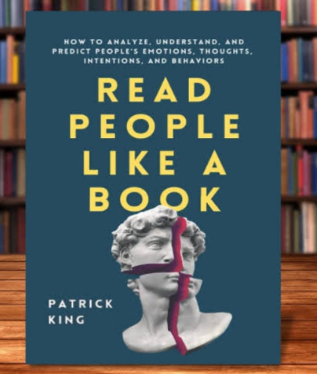Mentee's Perspective

- File photo | Credit Sales HackerOpens in new window
Mentee's Perspective On Choosing The Right Mentor
Some organizations set up their own formal mentoring scheme, training, supporting and matching mentors and mentees, while elsewhere mentoring may be an informal arrangement between two people who have organized themselves without support or help from others.
If you are seeking a mentor, there may be a formal mentoring system within your organization where a mentor is assigned to you. Consider the list of reasons in Exhibit I as to why you might seek a mentor, and if you believe the choice of your mentor (where they were selected for you or you picked them yourself) is appropriate then do not be afraid to challenge the system and find a mentor whom you think will be more suitable.
| Exhibit I: Why have a mentor? |
|---|
1. Enables mutual development:
|
2. Increases confidence over time:
|
3. Encourages reflective practice — your mentor can:
|
4. Enhances self-development:
|
What qualities might you look for in a mentor?
The suggested lists of essential and desirable attributes given in Exhibit II have been derived from a variety of sources. Some of these qualities will be more to you than others. There may be other qualities that are really important to you that you will want to add, maybe relating to gender, age, type of background or experience.
| Exhibit II: Qualities of a mentor | |
|---|---|
| Essential | Desirable |
|
|
| Exhibit III: Choosing your mentor |
|---|
You should look for someone:
|
| Adapted from: Fisher H1 |
Go searching for a mentor
Treat finding a mentor like searching for your perfect holiday. Do your homework. Think of all the possibilities. Is there a list of people who might be willing to be mentors that is available to you — in your organization, in the library, on the intranet, or on a website?
Decide what sort of person you need, do some research, go and visit a few people and see whether or not you think you would work well together.
Try saying something like ‘I am looking for a mentor — would you be willing and able to commit to this?’ or ‘Could I come and chat to you about the opportunities for us both if you became my mentor?’
This gives you the opportunity to decide whether or not the potential mentor has the time and is willing to take on the role. But more importantly, you can find out whether or not you would be able to build a report with them in a mentoring relationship that would prove to be symbiotic.
Some people have more than one mentor at a time. The two mentors might be chosen for their particular characteristics or experience, or to help with very different aspects of the mentee’s working life and/or career.
Should I choose someone who is like-minded?
Sometimes it is easier and more comfortable to choose somebody who has a similar personality to you or who has had similar professional or life experiences.
Although it may feel easier to remain in your ‘comfort zone’, you may learn from selecting a mentor who views the world differently to you and can offer a broader or more diverse perspective than your own. A mentor who challenges you will be likely to be more effective than one with whom you have a cozy relationship.
Questions you might ask a potential mentor
When you do meet up with possible mentors, base your discussion on the questions listed below or add some questions of your own to check that their views and expectations of mentoring are similar to yours. Try to find a quiet time and place to start the discussion so you have the potential mentor’s full attention.
- Have you been a mentor before? (If yes) How did it go? As a result of your experience, what do you think makes mentoring work well?
- Have you had a mentor? (If yes) How did it go? As a result of your experience, what do you think makes mentoring work well?
- What jobs have your previous mentee(s) held?
- What do you think the role of a mentor is?
- How much time do you think you would be available as a mentor to me for? How often do you think we might meet and how long would we spend at a mentoring session?
- Do you feel comfortable with challenging others’ views and perspectives?
The best questions will lead to a ‘two-way’ discussion, which gives you both a chance to match your values and perspectives and expectations.
























